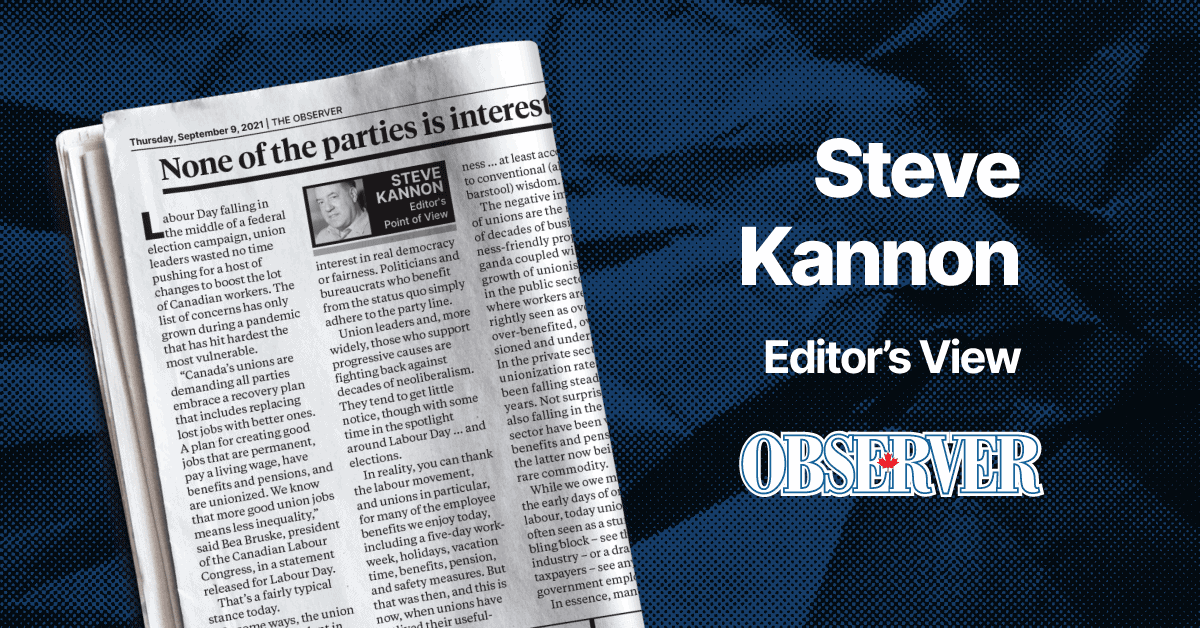;
;
;

A year ago at this time we were in the midst of the so-called Freedom Convoy – an issue of little impact unless the nonsense was happening in your neighbourhood. It was also about this time last year that Pierre Poilievre launched his bid to replace Erin O’Toole as the leader of the Conservative par
Last updated on May 03, 23
Posted on Feb 02, 23
5 min read
